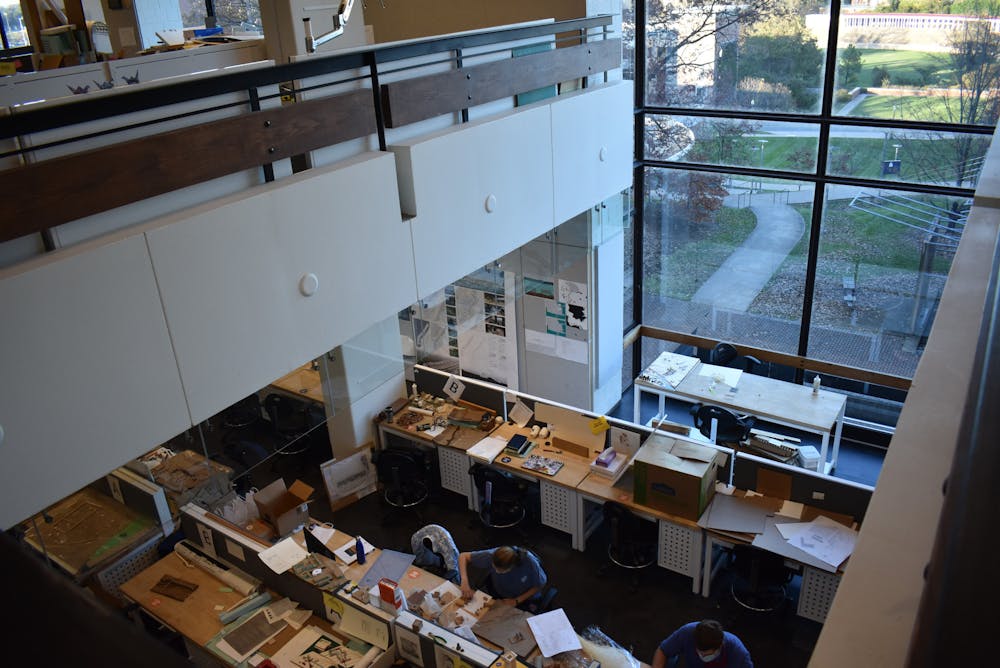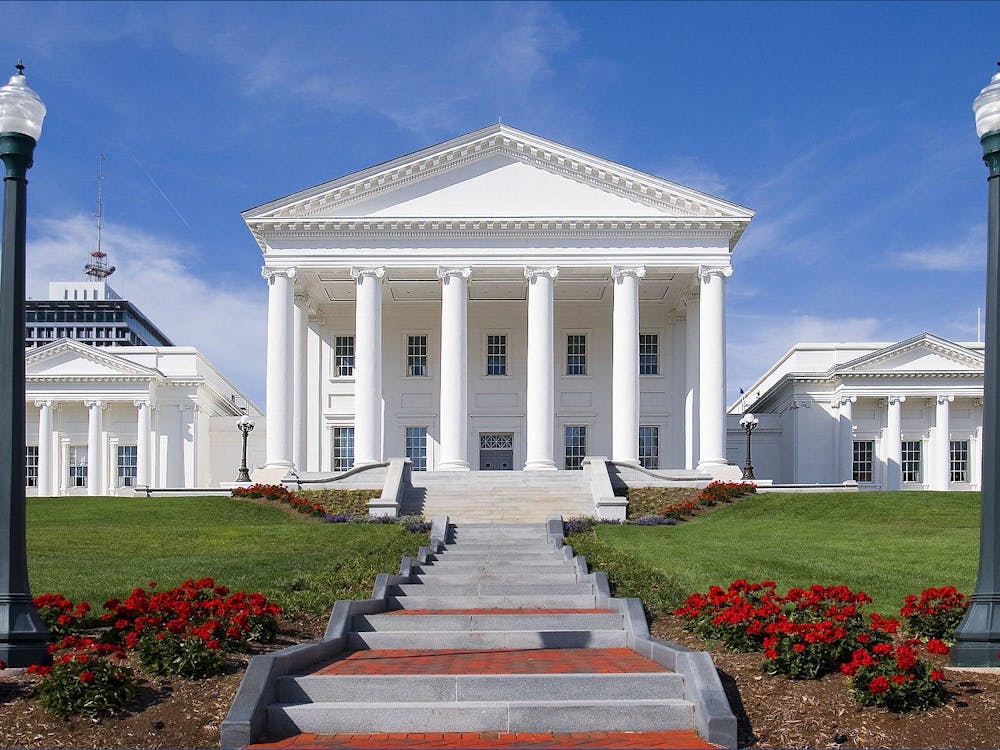The School of Architecture will again take part in the Envision Resilience Challenge — a project that allows student design teams from several universities to engage with communities vulnerable to the effects of climate change and work to mitigate the issues they face — in the upcoming fall semester. The University is returning for its second year in the Challenge alongside seven other universities, most of which are also located in the eastern U.S.
The Challenge is directed by Remain Nantucket, a New England-based organization aiming to resolve environmental and community challenges in its region through creative solutions such as architectural and urban planning design, according to the organization’s website. In past iterations of the Envision Resilience Challenge, student teams have designed potential solutions to issues such as the effects of rising sea levels and stormwater management.
According to their website, Remain Nantucket was founded in 2008 to “bring creative thinking to environmental and community challenges, elevate local industry and encourage innovation and resilience” in coastal New England. The organization started the Envision Resilience Challenge in 2021, and its goals and issues that it tackles, including sea level rise, urban heat and infrastructure needs, have remained similar from year to year, with slight adaptations depending on the needs or significance of certain communities.
Asst. Landscape Architecture Prof. Michael Luegering will oversee the University’s team as part of a six credit research studio class that will be composed of up to 25 fourth-year or graduate Architecture students. Luegering taught the same studio class in the Fall 2023 semester where he and his students traveled to Fairhaven, Mass. to study low-lying coastal areas, as well as engage with local community leaders to brainstorm potential solutions for the problem of sea level rise.
This year, Luegering will be helping students who take the class tackle many of the same issues and gain some of the same experiences, but this time in Portland, Maine. On last year’s trip, students participated in walking tours around Fairhaven, having meetings with government officials and visiting high-risk areas for environmental threats.
Luegering said that students studied specific issues including interior drainage flooding to understand how to help flood-prone communities, such as through infrastructural adaptations. He added that having students aid in combating the challenges that these communities face helps bring in fresh ideas and unconventional wisdom to a space occupied by seasoned scientists and engineers.
“Students present an immense opportunity, both for themselves, but also for the community because they come with wonderful questions [and] insights from a multitude of different backgrounds,” Luegering said. “In my mind, why this program is special is that [it] … allows for a group of people to have broader sweeping questions and take approaches that are maybe not known or traditionally used.”
Luegering also mentioned how he and his students engaged with historic towns and neighborhoods to find solutions to adapt or preserve them, such as relocation of homes.
“We try to be engaging and thoughtful about how [one] would adapt historic neighborhoods to transition and engage these types of changes,” Luegering said.
Vishal Jayan, graduate School of Architecture alumnus, spoke about his experience in the class and his time in Fairhaven. He said that prior to traveling he and his peers first studied different aspects of the town they were visiting and thought about potential scenarios and outcomes depending on what effect sea level rise has on the area.
“We started off studying the history of [Fairhaven], its cultural [and] social legacies, and then understanding the landscape and environment,” Jayan said. “It gave us a fresh perspective, just being there and seeing everything with our own eyes and talking to people, NGOs and local residents about the history [and] what’s happening there.”
Christopher Parschalk, graduate School of Architecture alumnus, was another student who took Luegering’s studio class in the fall semester. Although Parschalk’s background was in building design rather than landscape architecture — the focus of the studio class — he said in an email statement that he valued the ability to explore new methods of design.
“When it comes to designing for a broader place with the challenge to provide something a little ambiguous, like ‘resilience,’ you find that there are so many potential ways to achieve your goals when you’re not confined to just making structures,” Parschalk said. “Overall, the studio left me feeling empowered to consider miscellaneous ways we can achieve different goals with our different design projects.”
Remain Nantucket Project Manager Claire Martin said that student designs and projections help to envision a future where coastal communities live with rising water levels rather than fight against them. She said that connecting student design teams with community leaders allows for discussion of the challenges and realities of what it means to live in a community at risk of being damaged by the effects of climate change.
“[The Envision Resilience Challenge] was inspired by this notion that if you can imagine something then you can begin to work toward it,” Martin said. “We can’t keep the water out indefinitely, so how do we learn to work with nature in a way that allows water to come in and maybe even come into our benefit?”
Martin also said that the University design team produced impactful designs and plans for the future for the Fairhaven community last fall, and that she is excited to work with Luegering and the University team this fall.
“We’re just thrilled to have Michael and his team of graduate landscape architecture and architecture students returning for a second year of the program,” Martin said. “We’re very excited to see what he and his team are able to bring to the Portland and South Portland community this year.”
According to Martin, faculty from each of the universities taking part in the Challenge will meet in Portland in June to discuss specific goals, meet local stakeholders and visit selected sites to solidify what they and their student teams will be researching this fall. Some of the issues that teams will be working on include repurposing old oil tanks and ensuring sufficient affordable housing.






